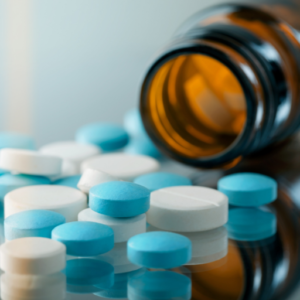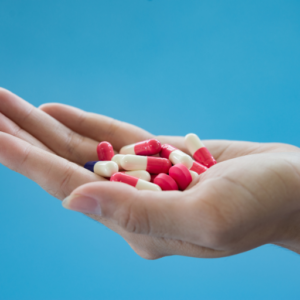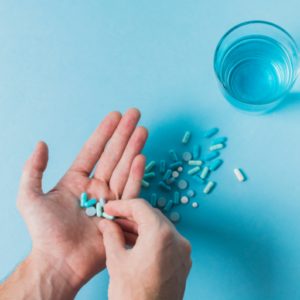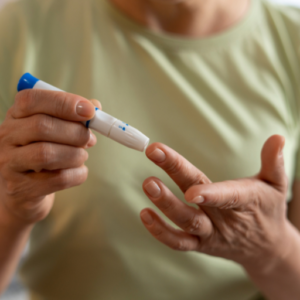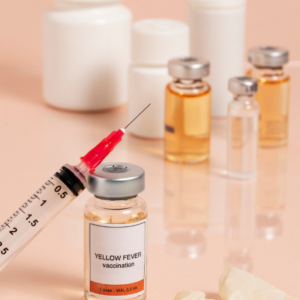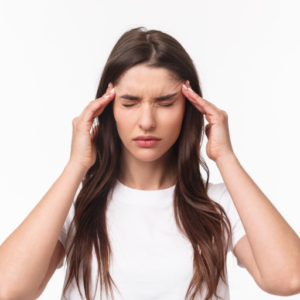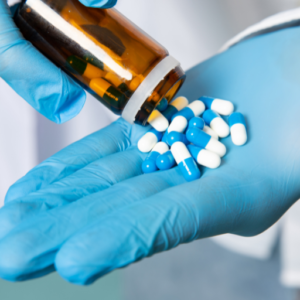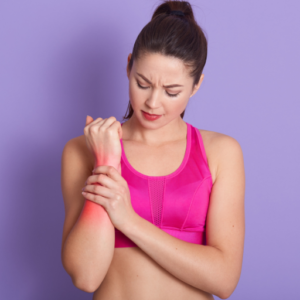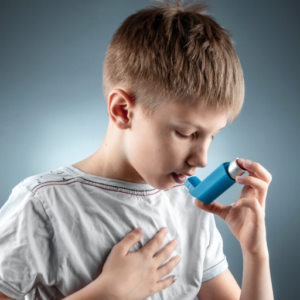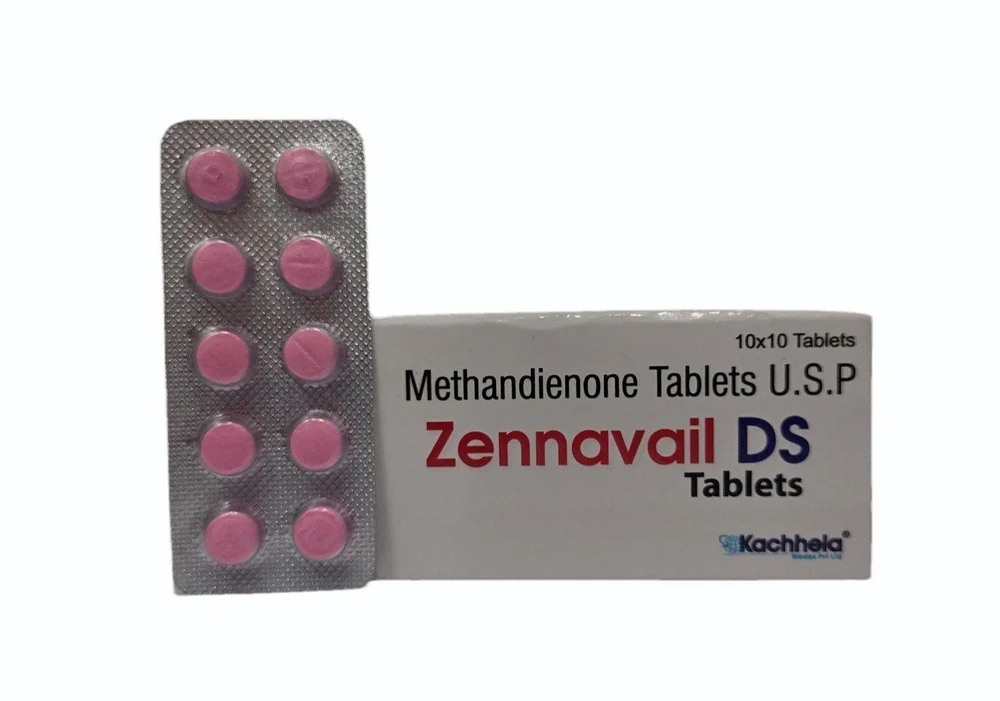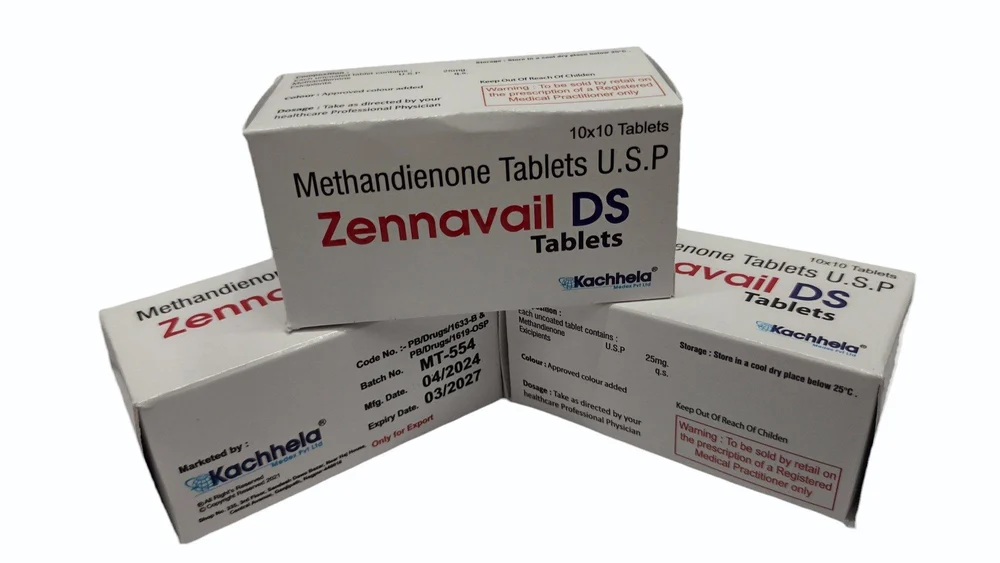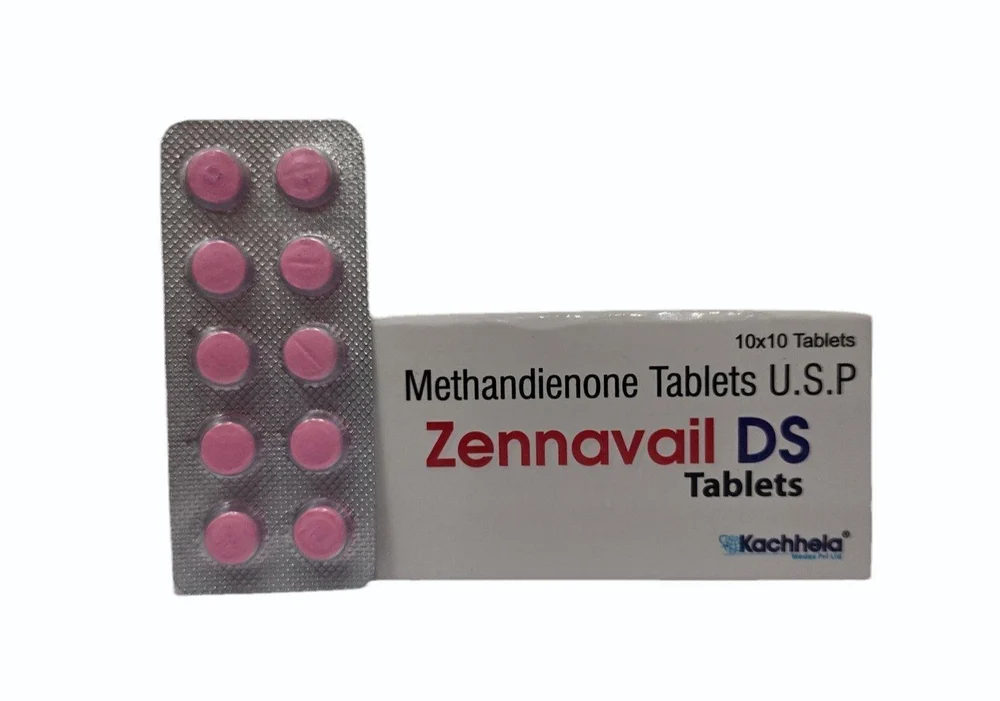Zennavail DS
| Package | Per tablet | Savings | Price |
|---|---|---|---|
| 180 tablets | $0.5 | $30.06 | $120.06 $90 |
| 150 tablets | $0.51 | $23.05 | $100.05 $77 |
| 120 tablets | $0.53 | $17.04 | $80.04 $63 |
| 90 tablets | $0.56 | $10.03 | $60.03 $50 |
| 60 tablets | $0.6 | $4.02 | $40.02 $36 |
| 30 tablets | $0.7 | – | $20.01 |
What is this medicine?
ZENNAVAIL 25mg TABLETS (likely containing a drug like Amlodipine or similar, commonly used for cardiovascular conditions) are primarily used to treat:
- High blood pressure (hypertension). It works by relaxing blood vessels so blood can flow more easily.
- Chest pain (angina). It helps to increase the blood and oxygen supply to the heart.
- Certain types of heart conditions to improve blood flow and reduce strain on the heart.
What should I tell my health care provider before I take this medicine?
They need to know if you have any of these conditions:
- An unusual or allergic reaction to the active ingredient in Zennavail, other similar medicines, foods, dyes, or preservatives.
- Heart disease, especially severe heart failure or a recent heart attack.
- Liver disease.
- Kidney disease.
- Very low blood pressure.
- If you are pregnant or trying to get pregnant.
- If you are breast-feeding.
How should I use this medicine?
Take this medicine by mouth with a glass of water, with or without food, as directed by your doctor. Take your doses at regular intervals, typically once daily. Do not take your medicine more often than directed. Do not stop taking this medicine except on the advice of your doctor or health care professional, even if you feel better, as stopping suddenly can worsen your condition.
Overdosage: If you think you have taken too much of this medicine, contact a poison control center or emergency room at once. Symptoms of overdose may include severe dizziness, fainting, or a very slow or fast heartbeat.
What if I miss a dose?
If you miss a dose, take it as soon as you can. If it is almost time for your next dose, take only that dose. Do not take double or extra doses.
What may interact with this medicine?
Give your health care provider a list of all the medicines, herbs, non-prescription drugs, or dietary supplements you use. Also tell them if you smoke, drink alcohol, or use illegal drugs. Some items may interact with your medicine.
This medicine may interact with:
- Other medicines for high blood pressure.
- Certain antifungal medicines (e.g., ketoconazole, itraconazole).
- Certain antibiotics (e.g., clarithromycin, erythromycin, telithromycin).
- Grapefruit juice or grapefruit.
- St. John’s Wort.
- Rifampin or other similar medications.
- Immunosuppressants (e.g., cyclosporine, tacrolimus).
- Simvastatin (a cholesterol-lowering medicine).
This list may not describe all possible interactions.
What should I watch for while using this medicine?
- Visit your doctor or health care professional for regular checks on your progress. Check your blood pressure as directed. Ask your doctor or health care professional what your blood pressure should be and when you should contact him or her.
- If you experience swelling of your ankles, feet, or hands, or if you gain weight unexpectedly, contact your doctor.
- You may get dizzy or lightheaded. Do not drive, use machinery, or do anything that needs mental alertness until you know how this drug affects you. Do not stand or sit up quickly, especially if you are an older patient. This reduces the risk of dizzy or fainting spells.
- Limit alcohol intake while taking this medicine, as it can worsen dizziness and lower blood pressure.
- If you are having surgery, including dental surgery, tell your doctor or dentist that you are taking this medicine.
- Inform your doctor if you are pregnant, plan to become pregnant, or are breastfeeding, as the effects on an unborn or nursing child are important considerations.
What side effects may I notice from this medicine?
Side effects that you should report to your doctor or health care professional as soon as possible:
- Allergic reactions like skin rash, itching, hives, or swelling of the face, lips, tongue, or throat.
- Chest pain (new or worsening).
- Fainting spells, severe dizziness, or lightheadedness.
- Irregular heartbeat.
- Shortness of breath or difficulty breathing.
- Swelling of the ankles, feet, or hands.
Side effects that usually do not require medical attention (report to your doctor or health care professional if they continue or are bothersome):
- Headache
- Flushing (warmth, redness, or tingly feeling)
- Nausea
- Stomach upset
- Tiredness or fatigue
- Drowsiness
- Dizziness
This list may not describe all possible side effects.
Where should I keep my medicine?
Keep out of the reach of children.
Store at room temperature between 20 and 25 degrees C (68 and 77 degrees F).
Protect from moisture and light.
Throw away any unused medicine after the expiration date.




